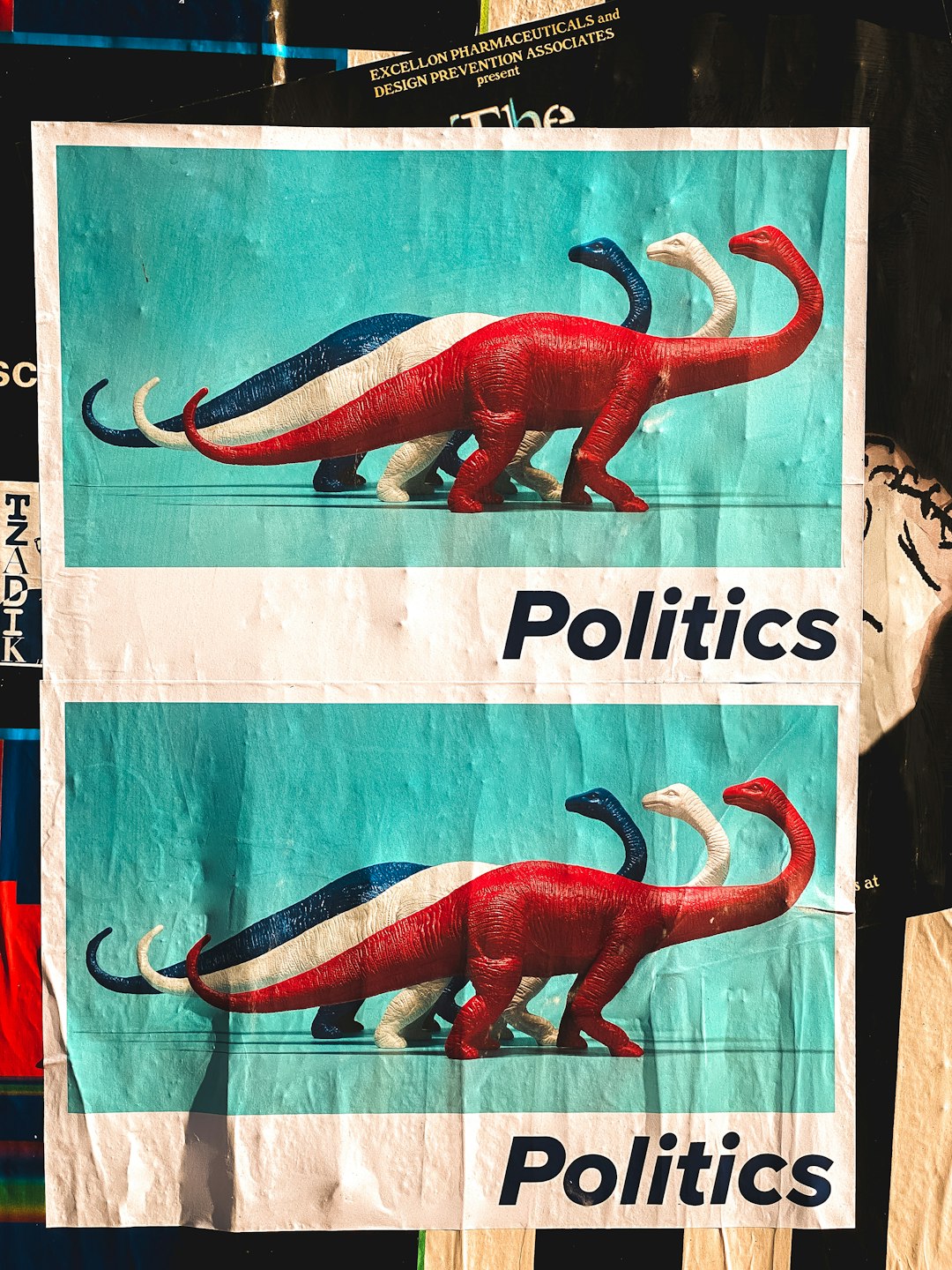Some readers might find it interesting. I’ll post updates later in the semester, with details about assignments, what’s worked, what hasn’t, and what discussions I’ve found most enlightening.
This course provides a broad introduction to political philosophy, both its history and contemporary issues, and covers some issues in philosophy of law. Topics covered include theories of justice, political legitimacy, democracy, liberalism, the private-public distinction, urban policy, policing, positivism and natural law, and ideals and utopia. At the end of this class, the student should have a solid command of central issues, concepts, and theories in political and legal philosophy; be able to write and communicate effectively about these issues, and relate them to the views of central figures (both historical and contemporary); be able to appreciate the social and historical context in which those views were shaped as well as their relevance to contemporary social issues. At the end of this course, the student should have a solid command of central issues of political philosophy across its history; be able to write and communicate effectively about these issues, and to relate them to the views of central figures of the history of political philosophy; be able to appreciate the social and historical context in which those views were shaped as well as their relevance to contemporary discussions.
Here’s the syllabus.
And a preview of the readings:
The state of nature and the social contract (Weeks 1-2)
Thomas Hobbes, Leviathan, ch. 10, and ch. 13-22
John Locke, Second Treatise of Government, ch. 1-10
Jean-Jacques Rousseau, Discourse on the Origins and Basis of Inequality Among Men; The Social Contract, bk I
David Hume, “Of the original contract”
Political authority and the rule of law (Weeks 3-4)
Plato, Crito, The Apology, and excerpt from The Laws, bk III
Aristotle, Politics, bk I
Jean-Jacques Rousseau, The Social Contract, bk II
Niccolo Machiavelli, excerpts from The Prince
Selections from Confucius, Mengzi, Han Feizi
Edmund Burke, excerpts from Reflections on the Revolution in France
Jason Brennan, Against Democracy, Preface to 2017 edition
Justice and fairness (Weeks 5-6)
Aristotle, Nicomachean Ethics, bk V
Adam Smith, The Theory of Moral Sentiments, pt. 3, ch. 3
John Rawls, “Justice as fairness”
Martin Luther King, Jr., excerpts from The Trumpet of Conscience
Feminism and liberal society (Weeks 7-8)
Mary Wollstonecraft, A Vindication of the Rights of Woman
J.S. Mill, On the Subjection of Women
Carol Pateman, The Sexual Contract, ch. 1
Clare Chambers, “Against Marriage”
Liberty, equality, property (Weeks 9-10)
J.S. Mill, On Liberty, ch. 1-4
John Rawls, Political Liberalism, lectures 1, 2 and 4
Will Kymlicka, “Liberalism and communitarianism”
Robert Nozick, “Distributive justice”, from Anarchy, State, and Utopia
Elizabeth Anderson, excerpts from Private Government
Cities and urban policy (Week 11)
Schafran, Noah Smith, and Hall, experts from The Spatial Contract
Brandon Del Pozo, “The Heartbeat of the City”
Iris Marion Young, “City life and difference”
Natural law and positivism (Week 12)
HLA Hart, excerpts The Concept of Law
Ronald Dworkin, excerpts from Taking Rights Seriously
Ideals, Idealization, Policing (Weeks 13-14)
Charles Mills: “‘Ideal theory’ as ideology”
Jake Monaghan, “Idealizations and ideal policing”
Tommie Shelby, The Idea of Prison Abolition (excerpts/interview)
Brandon Del Pozo on police discretion (Hi-Phi Nation podcast)
Octavia Butler, “The Book of Martha”



